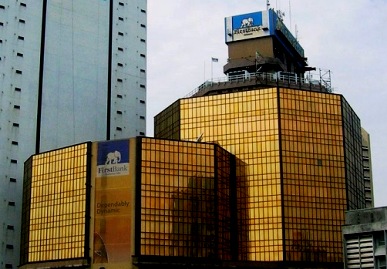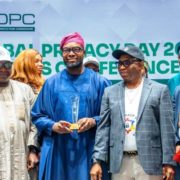Federal Government unveils DBI-led initiative to power Nigeria’s digital economy and remote work capabilities.
The Federal Government of Nigeria, through the Digital Bridge Institute (DBI), has officially launched the Nigeria Talent Cities Initiative in Lagos — a groundbreaking national effort to transform Nigeria into a global hub for digital services, remote work, and business process outsourcing (BPO).
Speaking at the launch, Dr. Bosun Tijani, Minister of Communications, Innovation and Digital Economy, stated that the initiative supports the Tinubu administration’s commitment to creating millions of tech-enabled jobs for Nigerian youth.
“In today’s world shaped by AI, automation, and global outsourcing, Nigeria has the talent. What we lack is the infrastructure to compete at scale,” Tijani said.
What the Nigeria Talent Cities Initiative Aims to Achieve
The Nigeria Talent Cities Initiative is designed to:
- Convert underutilized public and private infrastructure into high-tech digital campuses.
- Create over 500,000 direct and indirect jobs by 2027.
- Establish a 100,000-seat national network of digital campuses to support Nigeria’s outsourcing and BPO ambitions.
- Position Nigeria as a top destination for global digital talent and services.
Collaboration Is Key: DBI, Private Sector, and Development Partners
The Minister emphasized the need for multi-stakeholder collaboration, especially with the private sector, to drive the success of the initiative.
“DBI Talent City is a flagship national program dedicated to building an integrated network of digital campuses. This vision can be realized faster with support from private sector innovators,” Tijani said.
Evelyn Lewis, CEO of SBTS Group, echoed the sentiment, noting that SBTS is already partnering with DBI to establish BPO centers with over 10,000 seats and train more than 50,000 professionals by 2027.
“Nigeria has the policies, people, and infrastructure potential. What we need now is the willpower to turn ambition into action,” Lewis added.
A Future-Focused Workforce Powered by Nigerian Youth
Tijani noted that while many developed countries are facing labor shortages due to aging populations, Nigeria’s median age is just 16.9 years, making its youth a strategic global asset.
“The President is focused on creating one million tech jobs, and Nigeria’s young population will be the digital workforce of the future—both for Nigeria and the world,” he said.
Iyinoluwa Aboyeji, co-founder of Andela and former Flutterwave MD, also affirmed Nigeria’s potential as a global talent exporter—if the right infrastructure and frameworks are in place.
DBI’s Strategic Role in Driving Nigeria’s Digital Economy
David Daser, President/CEO of DBI, described the initiative as a landmark partnership between DBI and the Ministry of Communications, Innovation and Digital Economy.
“The Nigeria Talent Cities project repositions DBI as a vehicle for large-scale job creation, digital skills development, and innovation,” said Daser.
He emphasized that the Talent Cities initiative will unlock the value of underused infrastructure, empower graduates with real-time job access, and make Nigeria a globally recognized digital destination.






























